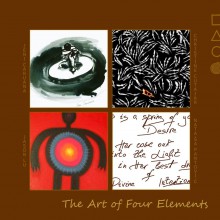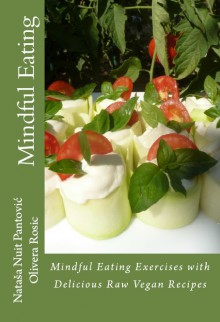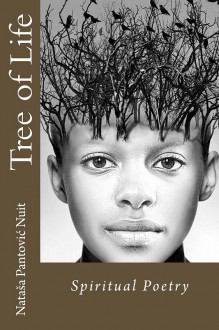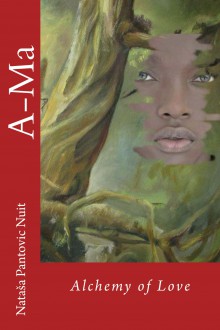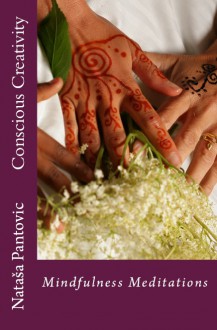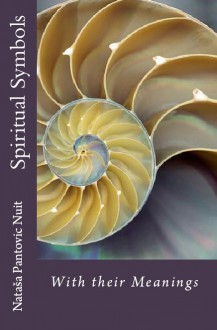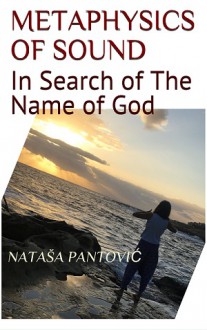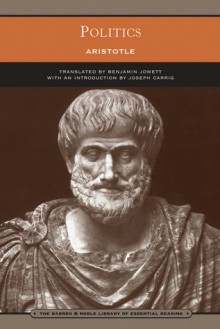
I thank NetGalley and Fairlight Books for providing me an ARC copy of this book that I freely chose to review.
This is a case of a historical figure whose life is so gripping and fascinating that we would find it difficult to believe in if he was a fictional character. Although I must confess to not having previous knowledge of Michael Scot, the setting of the story in the XIII century, the variety of locations, and the endeavours of Scot attracted me to the book, and I’m happy that was the case.
Although the story is seemingly simple (a monk, particularly gifted for academia, pursues his objective of getting to the source of knowledge wherever it might be and in whichever language, in XIII century Europe, travelling, translating, accumulating knowledge, and having to fight against conspiracy and orthodoxy), there are many different strands woven into it, and reflecting the complex push-and-pull of the politics of an era in which religion and faith wars played a huge part in the struggle for power and combining that with Scot’s quest for knowledge is a mighty task. In my opinion, MacDonald does a great job, but I am not sure everybody will appreciate the way the story is told, and it is not one for people looking for a plot that moves along quickly and is full of adventures. There are journeys and adventures, but some of the most interesting parts of the book come from philosophical discussions and disquisitions as to the nature of truth and knowledge.
The book is written in the third person, from an omniscient narrator’s point of view, and even though we read the story from what appears to be Scot’s perspective most of the time, this is not always the case, and even when we are following his adventures and are privy to his thoughts, we might learn about the way he appears to others and get comments and observations from others around him as well. There is also some first-person narrative, a “Confession” Scot is writing, interspersed with the rest of the novel, which, for me, was the part that made Scot appear more sympathetic and human (at points he is so obsessed with his studies and his project, that he seems unaware of the human beings around him, and he made me think of Captain Ahab from Moby Dick, although he seems to also have his “humanities”). The story starts close to what we later find out (and most readers might already suspect) will be the end, with an event that hints at a mystery, and then most of the rest of the story is told in something akin to a flashback, offering readers a chronological account of Scot’s lifestory. Although this did not bother me, I suspect readers approaching the story with the expectation of a standard mystery (and no, this is not The Name of the Rose either) might be disappointed. Yes, there is a mystery, or several, but the book is not about that. It is about Scot and his time, and how his figure was more important and his pursuit worthier than he and his contemporaries realised. I’d recommend possible readers to check a sample of the novel to see if they feel the writing style would suit them.
Scot’s life has all the elements that would mark him as a heroic figure (and as I said, one that we’d struggle to believe possible if he were fictional). He has a traumatic childhood, with the loss of his mother (who was a healer and suffered because of it); he proves himself a great scholar despite his humble beginnings, and although he faces opposition from the start, he also gets some help and assistance, manages to become Frederick’s (later to become Holy Emperor Frederick the II) tutor, and with his patronage, he sets off to find and translate Aristotle’s old texts. His journey towards knowledge makes him face dangers, come into contact with other countries and cultures (in Toledo and Cordoba he studies closely Arabic texts and his main collaborators are Jewish scholars), and be faced with the strict opposition of the Church, which at the time saw much knowledge (other than approved Theology) as a likely source of heresy and inherently dangerous.
As I read the book, I felt as if I was immersed in the different countries, smelling the spices, contemplating the landscapes, touching paper for the first time (an amazing discovery for Scot), and was captivated by Scot’s goal. As a person who regularly does translations, I appreciate how hard his self-imposed task was and enjoyed learning a bit more about the process and the difficulties he faced. If I missed something, though, was hearing a bit more about the texts themselves. Perhaps that is only me, and many people would think there is enough detail, but I felt many of the discussions about Aristotle and about the work of some of his other interpreters and commenters was very vague and general —either assuming that all readers would already know, or that they would not be interested— especially when compared to more detailed accounts of Scot’s use of astrology and his dreams/visions. At some point in the novel Scot makes peace with his interest in Medicine (something he had tried to avoid due to his mother’s fate), but although he manages to avoid the worst of the church’s ban on Aristotle’s works and on translations by studying Arabic texts on Medicine, I missed a more detailed account of his work on that subject. (I studied Medicine, so perhaps this accounts for my interest more than any gaps in the novel itself).
There are many characters, as is to be expected in a novel covering so much ground and where many of events are of great historical importance. We have several popes, bishops, abbots, we have the crusades, we have kings, scholars, politicians… It is not always easy to keep straight who is who (especially if you don’t know much about the era), and I wonder if the final version will contain some charts or even a timeline to clarify matters for readers who are not experts on the topic. The political intrigue, corruption, battles, and jostling for power and influence make it as gripping a read as modern political thrillers can be.
I have mentioned the distance imposed by the point of view of the narration. I must also confess to feeling more intellectually interested in Scot than connected with him at an emotional level. Only towards the end of the story he seems to come to reflect and appreciate the importance of engaging with people and the help others have given him through the years, but there is little in the way of connection to other human beings, and that perhaps is where he fails (for me) in the role of hero. His weaknesses seem to come only from his illness and, perhaps, from his single dedication to knowledge, that results in others less qualified getting into important positions likely to influence events more than he can. (There are warnings about the risks he faces from early on, but he dismisses them and only comes to realise they were right later in his life). Women also play very little part in the story (apart from mentions of his mother —the most significant— and the wives of some of the characters, only in passing), and other than a comment about their role according to a philosopher, towards the end, this is not a book about them, and we learn close to nothing about their lives.
We know what the end will be from the beginning, but most people will enjoy seeing Scot get some redress (even if it is a case of too little, too late). The author’s note at the end of the book explains her interest and reasons for writing the book, and also her sources, which I am sure, will be useful to many readers who will want to explore the topic in more detail.
Overall, this is a book I’ve enjoyed, and I recommend it to people interested in XIII century European history, especially in the struggles for power and knowledge, the interaction between the different religions, and the influence of the various centres of learning. It is sobering to realise that attitudes have changed so little in some scores, and how even the seemingly most enlightened civilisations are (and have been) afraid of intellectual enquiry, knowledge, and research, as if, indeed, they believed it to be a poisoned apple. Attempts at keeping the population under control by limiting their access to knowledge (or by manipulating the information they are given access to) are not new and, unfortunately, never seem to go out of fashion. Not a light read, but one sure to make readers want to learn more about the period and the man.

 Log in with Facebook
Log in with Facebook 

